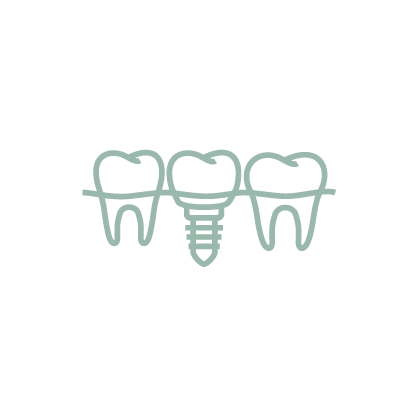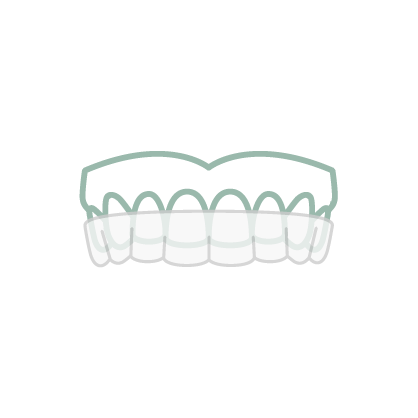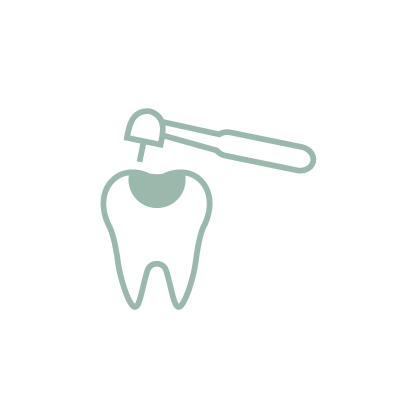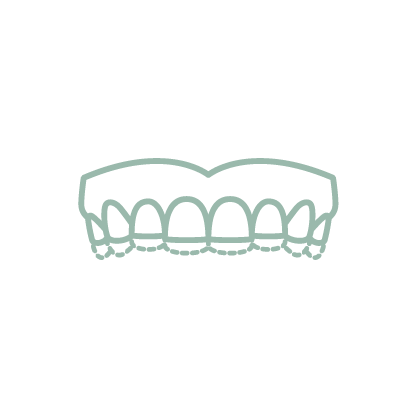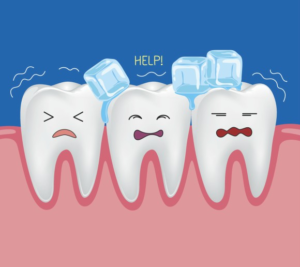What is Tooth Sensitivity?
Tooth sensitivity is a common name for dentin hypersensitivity or root sensitivity. If you have a short, sharp, painful sensation in your teeth when experience hot, cold, sweet or very acidic foods and drinks, or breathing in cold air, causes your teeth or a tooth sensitive or painful then you have sensitive teeth.
Is Tooth Sensitivity Common, and is there a sensitive teeth cure?
It is common to have tooth sensitivity. Tooth sensitivity can come and go over time. However, there are sensitive teeth cures available.
What Do Sensitive Teeth Feel Like?
It depends on the cause of your sensitivity; you may not feel pain in every tooth. Symptoms can be ranged from a mild twinge to considerable discomfort. Pain can come and go, and may be worsen in some occasions.
What are the options for sensitive teeth cures?
There are various potential causes for your tooth sensitivity as below:
- Tooth decay
Sensitivity to hot and cold foods is often a warning sign that a cavity is forming and that it’s time to make an appointment to see your dentist. - Worn tooth structure
The outer layer of your teeth is a protective surface called enamel. This can erode from hard brushing, teeth grinding, or acid erosion from acidic food and drinks. Acid reflux from bulimia, chronic vomiting from pregnancy, alcoholism, and chlorine from swimming can also erode your teeth. - A cracked tooth
A chipped or cracked tooth can expose dentin or nerve inside your tooth, causing tooth sensitivity. - Worn or loose fillings
When a filling has problem such as worn, cracked, or loose, this is not effective in protecting the nerves under the area of tooth decay or filling. - Gum disease
Bacterial infection can cause inflammation of your gums and tooth sensitivity. If untreated, the condition can affect the tissue and bone that support your teeth, causing them to loosen or even fall out. - Gum recession
When your gums recede, the cementum layer covering your roots can wear away, and the sensitive dentin layer which is underneath becomes exposed. Some gum recession causes include gum disease, overzealous brushing, using hard bristle toothbrush, tobacco use, misaligned teeth, tooth grinding, and orthodontic work. - Infection
In case of deep cavity inside the nerve, it can also cause severe sensitivity. Root canal therapy will be needed and done by endodontist.
What are the treatment options for sensitive teeth?
- Filling or crown to cover the exposed dentin
Fractured, damaged, or decaying tooth will be restored by your dentist. - Application of desensitizer
Applying desensitizer will help seal exposed dentin and reduce the number of pain signals sent to your brain. - Root canal procedure
If your teeth have infection or inflammation, root canal treatment will be done to remove infected or inflamed tooth nerve in the center of the tooth. - Surgical gum graft
If your gums have receded, a small amount of tissue can be removed from the roof of your mouth and grafted the exposed root surface.
How to Prevent Tooth Sensitivity?
1. Brushing gently and flossing properly and routinely as recommended by your dentist.
2. Using a low abrasion toothpaste can help reduce the chance that you will have tooth sensitivity due to gum recession.
3. Non-acidic food and drink also helps prevent tooth sensitivity.
4. Visit your dentist regularly. Schedule checkups for every six months or as advised by your dentist.
5. Ignoring your sensitive teeth can lead to other dental problems, especially if the pain causes you to brush poorly making it more vulnerable to tooth decay and gum disease.
For more information on tooth sensitivity treatment to cure sensitive teeth, contact Global Dental Complex today.

